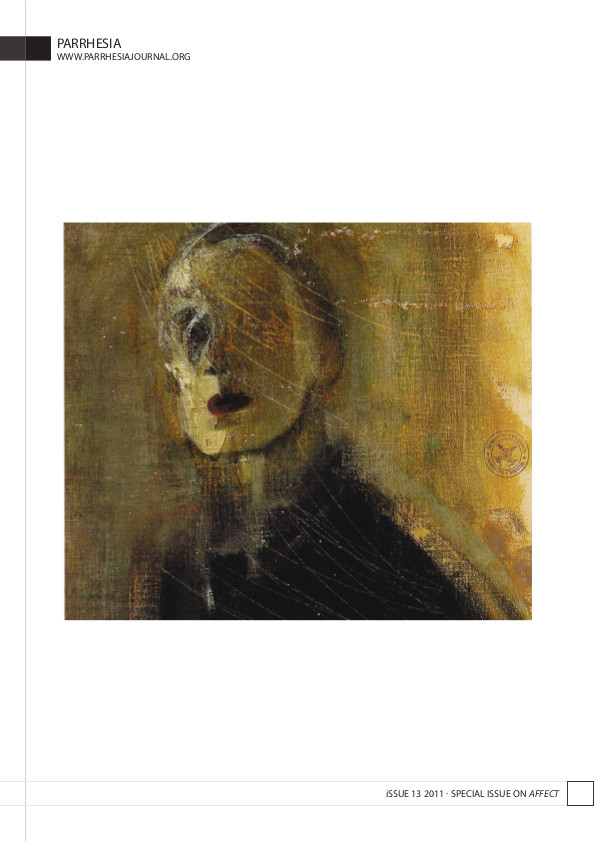Eden Medina: Cybernetic Revolutionaries: Technology and Politics in Allende’s Chile (2011)
Filed under book | Tags: · 1970s, chile, cybernetics, cybersyn, machine, networks, socialism

In Cybernetic Revolutionaries, Eden Medina tells the history of two intersecting utopian visions, one political and one technological. The first was Chile’s experiment with peaceful socialist change under Salvador Allende; the second was the simultaneous attempt to build a computer system that would manage Chile’s economy. Neither vision was fully realized–Allende’s government ended with a violent military coup; the system, known as Project Cybersyn, was never completely implemented–but they hold lessons for today about the relationship between technology and politics.
Drawing on extensive archival material and interviews, Medina examines the cybernetic system envisioned by the Chilean government–which was to feature holistic system design, decentralized management, human-computer interaction, a national telex network, near real-time control of the growing industrial sector, and modeling the behavior of dynamic systems. She also describes, and documents with photographs, the network’s Star Trek-like operations room, which featured swivel chairs with armrest control panels, a wall of screens displaying data, and flashing red lights to indicate economic emergencies.
Studying project Cybersyn today helps us understand not only the technological ambitions of a government in the midst of political change but also the limitations of the Chilean revolution. This history further shows how human attempts to combine the political and the technological with the goal of creating a more just society can open new technological, intellectual, and political possibilities. Technologies, Medina writes, are historical texts; when we read them we are reading history.
Publisher MIT Press, 2011
ISBN 0262016494, 9780262016490
326 pages
Cybersyn at wikipedia
publisher
google books
Download (removed on 2013-1-29 upon request of the publisher)
related: Miller Medina, Jessica Eden: “Designing Freedom, Regulating a Nation: Socialist Cybernetics in Allende’s Chile” (2006)
Patricia Ticineto Clough, Craig Willse (eds.): Beyond Biopolitics: Essays on the Governance of Life and Death (2011)
Filed under book | Tags: · assemblage, biopolitics, governance, life, neoliberalism, politics, terrorism

Under the auspices of neoliberalism, technical systems of compliance and efficiency have come to underwrite the relations among the state, the economy, and a biopolitics of war, terror, and surveillance. In Beyond Biopolitics, prominent theorists seek to account for and critically engage the tendencies that have informed neoliberal governance in the past and are expressed in its reformulation today. As studies of military occupation, the policing of migration, blood trades, financial markets, the war on terror, media ecologies, and consumer branding, the essays explore the governance of life and death in a near-future, a present emptied of future potentialities. The contributors delve into political and theoretical matters central to projects of neoliberal governance, including states of exception that are not exceptional but foundational; risk analysis applied to the adjudication of “ethical” forms of war, terror, and occupation; racism and the management of the life capacities of populations; the production and circulation of death as political and economic currency; and the potential for critical and aesthetic response. Together, the essays offer ways to conceptualize biopolitics as the ground for today’s reformulation of governance.
Contributors: Ann Anagnost, Una Chung, Patricia Ticineto Clough, Steve Goodman, Sora Y. Han, Stefano Harney, May Joseph, Randy Martin, Brian Massumi, Luciana Parisi, Jasbir Puar, Amit S. Rai, Eugene Thacker, Çağatay Topal, and Craig Willse.
Publisher Duke University Press, 2011
ISBN 0822350173, 9780822350170
400 pages
Parrhesia: A Journal of Critical Philosophy, No. 13: Special Issue on Affect (2011)
Filed under journal | Tags: · aesthetics, affect, phenomenology, philosophy

“This special issue of Parrhesia has developed from the 2010 Australasian Society for Continental Philosophy’s Conference at the University of Queensland on the theme of the philosophy of affect. [..]
The issue contributes to the “affective turn” by engaging in studies of affect grounded in non-dualist ontologies and by considering affect in relation to the work of art. The collection also works against the narrowly defined “turn” by providing nuanced readings of philosophers understood by the “turn” only in clichéd terms, as ultra-rationalist or anaffective.” (from the Introduction)
With contributions by Antonio Calcagno, Sara Heinämaa, Paul Redding, Bernard Stiegler, Geoff Boucher, Max Deutscher, Paul Formosa, Stuart Grant, Jane Lymer, Matthew Sharpe, Marie Christine Tams, Magdalena Zolkos, and Robert Sinnerbrink.
Edited by Marguerite La Caze and Henry Martyn Lloyd
Publisher Open Humanities Press
Creative Commons Attribution-Noncommercial-No Derivative Works 3.0 License
ISSN 1834-3287
210 pages
PDF (single PDF)
PDF (PDF articles)

